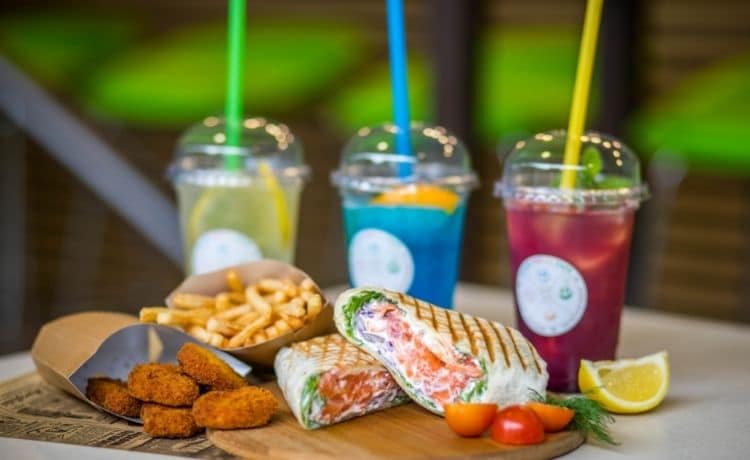One of the fastest-growing and most competitive retail sectors of the 2020s is the food and beverage market. All over the world, thousands of organizations of all sizes seek to build loyal followings for products like soft drinks, snack foods, candies, fresh produce, meats, frozen gourmet meals, and more. Unlike most other segments of the commercial universe, these merchants face special challenges. If you’re looking to get into the niche as a small entrepreneur, a larger startup, or a consumables seller of any size, give careful thought to the following list of unique hurdles you’re likely to face. Success in the industry takes patience, research, hard work, and a bit of luck. Here are more details about some of the most common challenges for wholesale and retail companies that sell foods and beverages.
High Production Costs
Unless you’re a reseller, production expenses can be unexpectedly high. One of the main reasons for the high price tag on production is that merchants usually have to meet strict safety standards. Anything consumable sold to the public must be prepared with exacting sanitation standards in place. Additionally, producers are subject to frequent inspections that can result in the denial of a business license. Other factors that add to costs include hiring quality control personnel, maintaining clean rooms, documenting every phase of production from start to finish, and keeping detailed records on file for anytime inspection by regulators.
The plus side here is that you can have more narrow margins in other areas of your business plan to accommodate for what you cannot control production-wise. For example, when considering marketing and advertising efforts think about how food bloggers can help your business and enlist their services at a cheaper price than other mega strategies available. Manipulating costs and saving where you can make the sting of the high-cost categories more palatable.
Refrigerated Fleet Management
Once the foods or beverages get past the creation/production phase, they’ll need to be transported to buyers or to retail outlets. In many cases, that entails the need for reefer monitoring solutions, a computerized program that makes certain all refrigerated products are shipped in compliance with regulations, are fully monitored along the route and are controlled by owners during shipment. In order to prevent product spoilage, a grave financial detriment, fleet management solutions need to be designed to meet the specific needs of temperature-controlled cargo. Consumers pay close attention to the freshness of what they eat and drink, especially if their food and beverages were prepared by a merchant in a faraway place.
The Shelf-Life Battle
No matter how hard you work to create clean, nutritious, delicious offerings, the question of shelf-life often arises. Who can say for certain how many days your snack cakes or sports drink will sit in a display case (even a refrigerated one) before someone buys it? Company owners need to be particularly careful about setting best buy dates that are not only accurate but not so short that the goods have to be destroyed or sent back for recycling. In the grocery business, this factor comes into play frequently, and many sellers end up with substantial losses when they incorrectly gauge and control shelf-life.
Legal Protection
It happens. Consumers eat and drink things they buy in retail stores and sometimes become ill. They blame the merchant, file a lawsuit, and seek a large financial settlement. Every business owner in the F&B niche faces this prospect and must prepare for it. It’s common for sellers to maintain on-call legal services and even insurance against such lawsuits.


